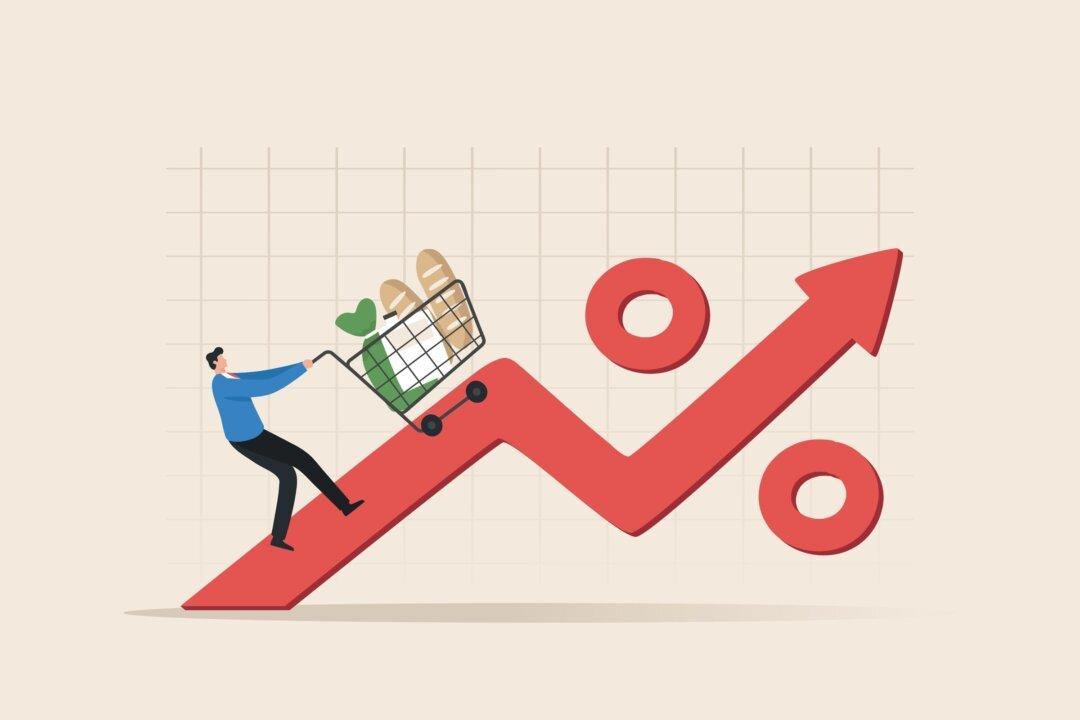Americans are growing increasingly pessimistic about the outlook for the economy following a turbulent year of soaring inflation, rising gas prices, and decreased purchasing power, a new survey has found.
According to McKinsey’s American Opportunity Survey (AOS), which looks at Americans’ perceptions of the current and future state of the U.S. economy, Americans across the board are showing an increasing lack of optimism.




